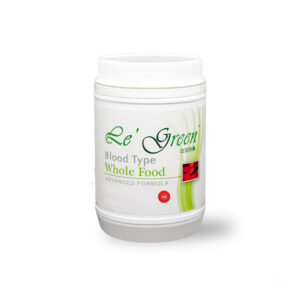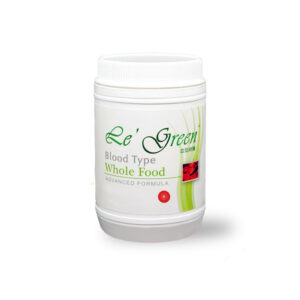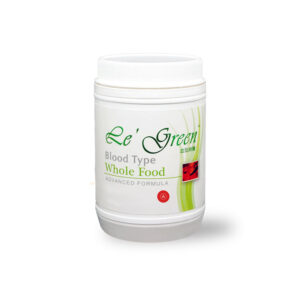Diabetes
Diabetes
Diabetes is a medical condition that occurs when the body is unable to regulate the sugar concentration in the blood; the concentration is regulated by insulin which is triggered by b-cells when there is an increase in blood glucose. When patients suffer from diabetes, their b-cells are dysfunctional or are just not producing enough insulin. It is linked to several medical conditions and increases the risk for diseases like heart disease, kidney disease, amputations, blindness and more.
Types of Diabetes
- 1. Type 1 Diabetes is the result of a person’s immune system fighting and destroying the b-cells, it usually begins in the early stages of life and accounts for 10% of the total cases of diabetes. People with this type have to take insulin shots daily in order to survive.
- 2. Type 2 Diabetes results from b-cell performance decline and an increase in insulin resistance; this type is linked with genetic factors and obesity, hence this type can be prevented by living a healthy lifestyle.
- 3. There is another type of diabetes that affects pregnant women, it is called Gestational Diabetes where the hormones released by the placenta to sustain the pregnancy, make the pregnant woman’s cells more resistant to insulin. Once the pancreas is unable to overcome the resistance, the patient develops diabetes
What causes diabetes?
It is not known exactly why the body immune system fights the b-cells and it causes Type 1 diabetes. It´s assumed that this could have been caused by genetic vulnerability and certain environmental factors but there is no absolute clear reason why this happens.
Type 2 diabetes occurs when the cells resist insulin action and the insulin produced is not enough to overcome this resistance, the reason behind this resistance is also unknown but it is strongly assumed that obesity is directly linked to this type of diabetes
Symptoms of diabetes
The symptoms vary depending on sugar concentration; sometimes people with Type 2 diabetes may initially have no symptoms while those with Type 1 diabetes experience symptoms more quickly and more severely.
Some of the typical signs and symtoms of diabetes include:
- Patient urinates frequently
- Patient gets really hungry
- Patient gets thirst too quickly
- Losing a lot of weight
- The urine has ketones
- Patient gets tired really fast
- Patient is very irritable
- Patient cannot see clearly
- Sores heal slowly
- Patient gets too many infections e.g. vaginal infections
Diagnosis of diabetes
The diagnosis of diabetes involves testing the concentration of sugar in the blood which can be done by using a variety of tests like the glycated hemoglobin test, random blood test, fasting blood sugar test, and oral glucose tolerance test. Urine can also be tested for the presence of ketones to check if the patient has auto-antibodies.
Diabetes Stem Cell Treatment
Mesenchymal stem cells (MSCs) are self-renewing multipotent cells that have the capacity to secrete multiple biologic factors that can restore and repair injured tissues.
It is known that MSCs play a crucial role in healing damaged tissues. They can differentiate to replace the dead cells as well as secrete stimulant factors to activate surrounding cells in the microenvironment, enhancing the tissue repair process. Therefore, MSCs can be applied to treat tissues impaired by chronic hyperglycemia. MSC transplantation can increase beta cell mass via the following effects:
(1) beta cell replacement through cellular differentiation;
(2) local microenvironment modification by production of cytokines, chemokines and factors to stimulate endogenous regeneration;
(3) reduction or prevention of autoimmunity to beta cells. Immunomodulatory and inflammatory effects of MSCs also contribute to the reduction of insulin resistance.
Results achieved with stem cell therapy
- • Significant decrease in fasting blood sugars and the level of Hemoglobin A1C
- • Significant decrease in Triglyceride levels
- • Measurable improvement in kidney function with a decrease in creatinine levels
Protect Your Heart with Astra oil Red
- Be able to prevent and restore macular degeneration, help to treat eye strain, help to treat macular degeneration which is considered as top reason of vision loss in elderly.
- Protect skin and eyes from UV ray. Apart from that, it is also found that, Astaxanthin can restore healthy skin and reduce wrinkles
- Help to relieve tiredness after workout and playing sport
- Help to protect brain cells and slowdown memory disorder and Alzheimer’s disease
- Increase blood circulation, reduce blood pressure, increase HLD, reduce triglyceride in blood and help to facilitate function of mitochondrial which produce energy in cardiac muscle cells
- Help to balance immunity in people who suffer from allergy, autoimmune disease, weakened immune system, and people who suffer from chronic viral infections, such as HIV, hepatitis virus, herpes and Herpes Zoster.
- Prevent liver degeneration in diabetes patients
- Help to make sperm stronger and help keep men’s prostate healthy
- Help to reduce body’s inflammation
- Help relieve gastroesophageal reflux disease, indigestion, gastritis, both H. pylori infected and uninfected.
Our Products




